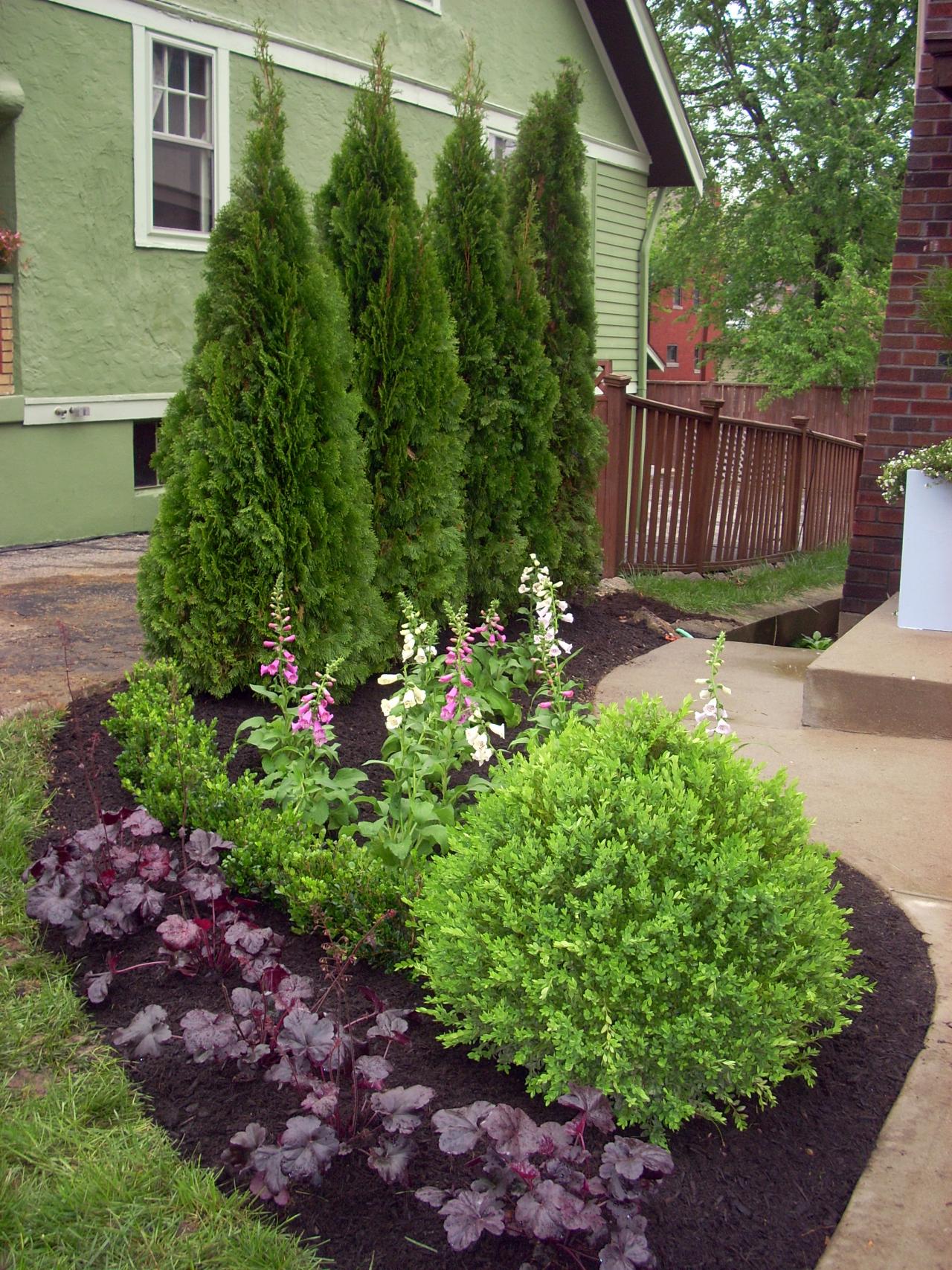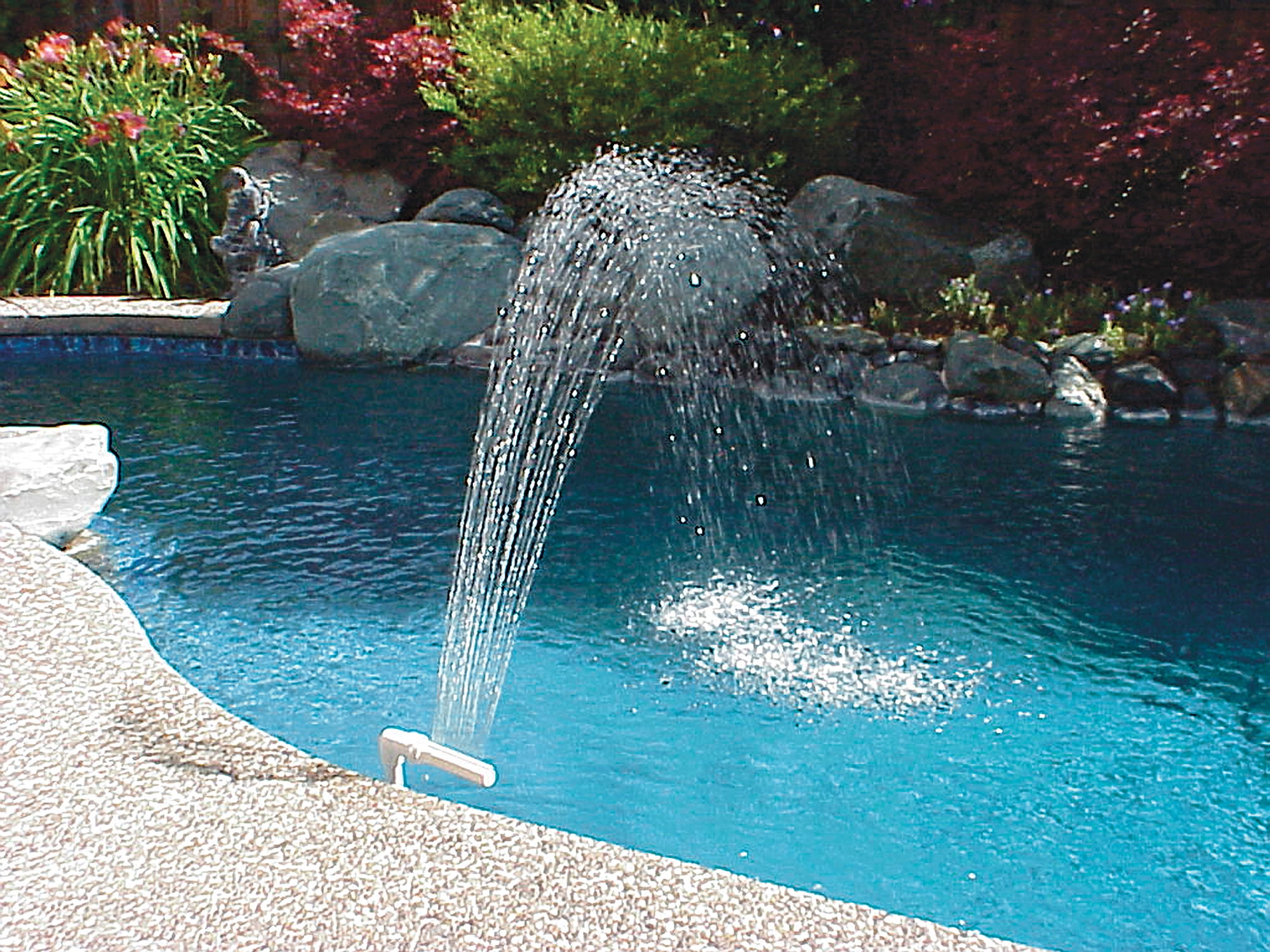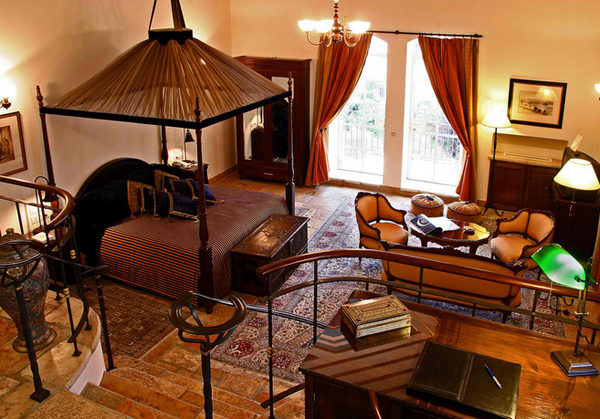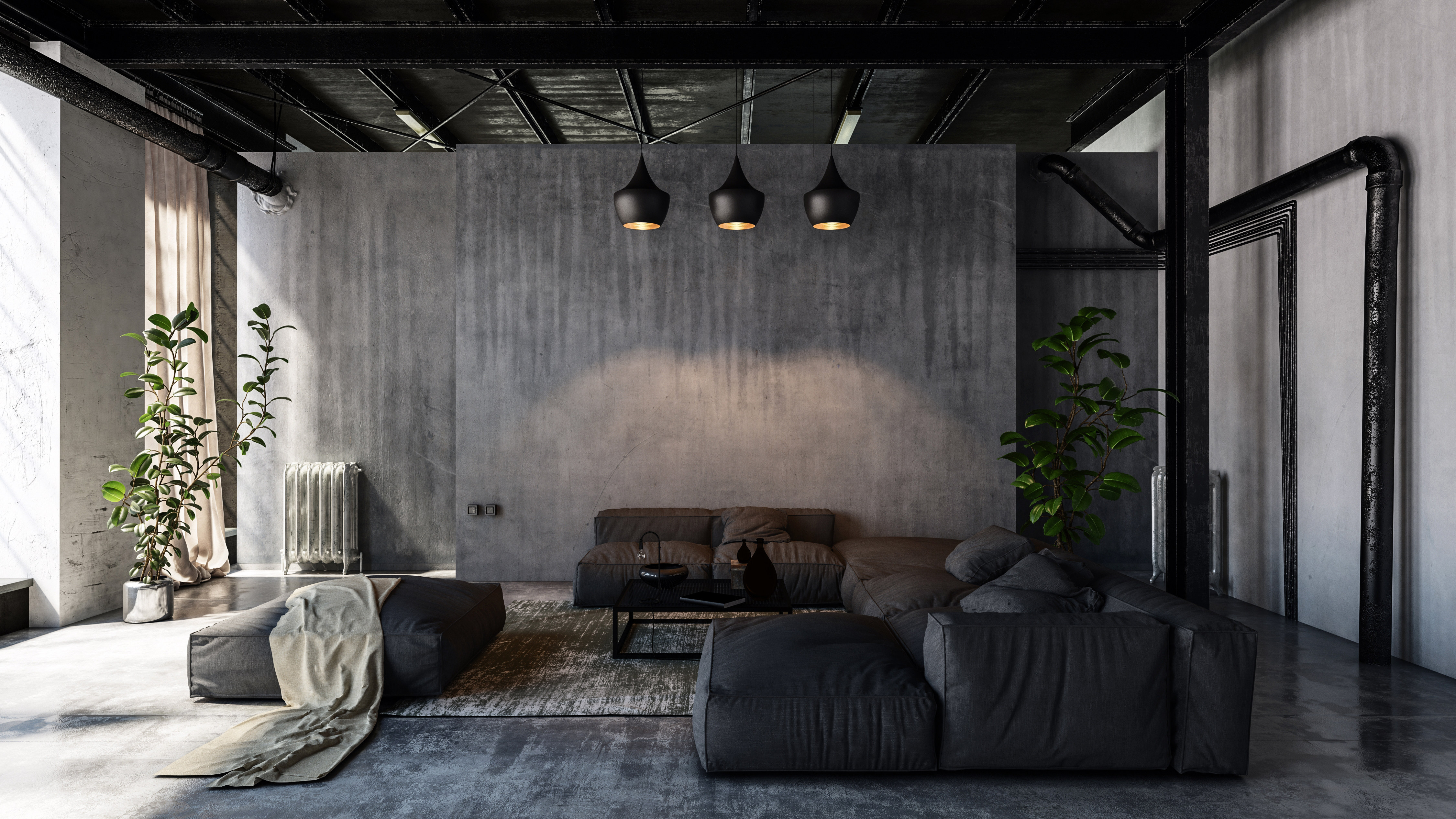Best of all, planting a privacy hedge means you can enjoy all the benefits of trees, like. The following outlines our privacy policy.
What To Plant For Privacy, Accordingly, we have developed this page in order for you to understand how we collect, use, communicate and disclose and make use of personal information. Mixed plants with picket fence.

Cypress also grows very tall and narrow, meaning it can be planted close together to as a privacy screen. The following outlines our privacy policy. Plant a privet for privacy. These plants will quickly cover a fence and provide privacy.
Glossy green shrubs like these grow in a tight and dense form, giving you complete privacy, with plants.
Plant the bamboo culms, or hollow stems, as densely as your budget allows for fast privacy. Evergreen trees or shrubs can provide privacy from street traffic and neighbors and create a sound barrier to reduce noise. Accordingly, we have developed this page in order for you to understand how we collect, use, communicate and disclose and make use of personal information. How far apart to plant arborvitae for privacy? They don’t fully blossom until springtime. They grow in zones two through eight with ease, and because they don’t bloom, it makes this plant an ideal shrub for privacy.
 Source: plantsforallseasons.com
Source: plantsforallseasons.com
We’ll have to buy some screens and set them up so that we can have some more privacy while still keeping some airflow around our garden. Your privacy is very important to us! This one isn’t known for its dense vegetation. There are several types of boxwood , but if you live in an area where deer are present, almost.
 Source: westchestertreelife.com
Source: westchestertreelife.com
For privacy, it is best to keep the arborvitae plants 3 to 4 feet apart. How to make teaching videos Plant a privet for privacy. However, the leaves are what provide privacy. If you’re searching for privacy plants that literally look like a fence, boxwood is the plant for you.
 Source: hgtv.com
Source: hgtv.com
This one isn’t known for its dense vegetation. This is a great idea because my wife and i have wanted more privacy in our garden and needed a solution for that. There’s plenty of privacy here, but the picket fence and gate are more welcoming visually. Otherwise, plant emerald green arborvitae at least 4 feet apart. Planting a double or.
 Source: deavita.net
Source: deavita.net
These will grow 6 to 9 inches per year once established. Red twig dogwood (cornus sericea) Naturally, plants serve as a way to beautify one�s property, but they also provide a source of privacy. After all, who wants their neighbors peeking into their backyard? There’s plenty of privacy here, but the picket fence and gate are more welcoming visually.
 Source: bobvila.com
Source: bobvila.com
Planting your hedging plants in two staggered rows is a great idea, as this will give great privacy, and ensure a dense structure once the plants have matured. Boxwood mimics a fence, making it one of the most desired privacy plants. How to make teaching videos I really like how you shared your ideas for use of screens for garden.
 Source: trexfurniture.com
Source: trexfurniture.com
It grows quickly, prunes nicely, and has flowers that lead to fruit clusters that last through the winter. How far apart to plant arborvitae for privacy? The leaves burst from the trunk, creating some drama and. Spacing the plants that closely together also tends to minimize how wide they will grow. Typically, a double staggered row planted 6 feet apart.
 Source: yourhomesecuritywatch.com
Source: yourhomesecuritywatch.com
Best of all, planting a privacy hedge means you can enjoy all the benefits of trees, like. Planting your hedging plants in two staggered rows is a great idea, as this will give great privacy, and ensure a dense structure once the plants have matured. It grows quickly, prunes nicely, and has flowers that lead to fruit clusters that last.
 Source: bobvila.com
Source: bobvila.com
Accordingly, we have developed this page in order for you to understand how we collect, use, communicate and disclose and make use of personal information. Best of all, planting a privacy hedge means you can enjoy all the benefits of trees, like. For quick privacy, plant 3 to 4 feet apart. Plant spacing will depend upon the plants and varieties.
 Source: woohome.com
Source: woohome.com
This one isn’t known for its dense vegetation. I really like how you shared your ideas for use of screens for garden privacy. Fences are a basic part of most homes. Plant spacing will depend upon the plants and varieties you choose. Several cultivars of clumping hedge bamboo ( bambusa multiplex , zone 8), including ‘alphonse karr’
 Source: pinterest.com
Source: pinterest.com
This is a great idea because my wife and i have wanted more privacy in our garden and needed a solution for that. Glossy green shrubs like these grow in a tight and dense form, giving you complete privacy, with plants. Naturally, plants serve as a way to beautify one�s property, but they also provide a source of privacy. The.
 Source: gardeningknowhow.com
Source: gardeningknowhow.com
It is one of the most popular screen plants in the united states. Evergreen trees or shrubs can provide privacy from street traffic and neighbors and create a sound barrier to reduce noise. The privet is the quintessential (or at least the most familiar) privacy hedge plant. If you already have a fence with gaps or openings, the chocolate vine.
 Source: pdxmonthly.com
Source: pdxmonthly.com
The dracaena plant is a bit different from other privacy plants. Cypress also grows very tall and narrow, meaning it can be planted close together to as a privacy screen. Mixed plants with picket fence. Plant spacing will depend upon the plants and varieties you choose. However, plants with dense foliage can also create a privacy hedge, even when planted.
 Source: prettypurpledoor.com
Source: prettypurpledoor.com
There’s plenty of privacy here, but the picket fence and gate are more welcoming visually. These plants will quickly cover a fence and provide privacy. For quick privacy, plant 3 to 4 feet apart. Plant your choices of foliage in groups of odd numbers to enhance a natural look and find that your space will look even more open than.
 Source: thegardenglove.com
Source: thegardenglove.com
Glossy green shrubs like these grow in a tight and dense form, giving you complete privacy, with plants. There are several types of boxwood , but if you live in an area where deer are present, almost all boxwood is deer resistant. Evergreen hedges still hold sway in this yard, but to keep a sense of openness, the middle ground.
 Source: thespruce.com
Source: thespruce.com
This one isn’t known for its dense vegetation. Plant your choices of foliage in groups of odd numbers to enhance a natural look and find that your space will look even more open than a bulky solid hedge. If you’re searching for privacy plants that literally look like a fence, boxwood is the plant for you. How media affects body.
 Source: pinterest.com
Source: pinterest.com
For privacy, it is best to keep the arborvitae plants 3 to 4 feet apart. This is a group of evergreen trees and shrubs that can range from three feet to up to 14 or more. These plants will quickly cover a fence and provide privacy. Here are the best plants for fence line privacy to border your yard with..
 Source: pinterest.com
Source: pinterest.com
Some vining plants that grow fast are ivy, clematis or hops. Typically, a double staggered row planted 6 feet apart is best when you want to plant a buffer or privacy screen. That’s because they provide security. In fact, the plant grows a thin trunk in both tree and shrub form. If you’re searching for privacy plants that literally look.
 Source: truesdalelandscaping.com
Source: truesdalelandscaping.com
White flowers appear in spring and in early summer, which transforms the greenery into a spectacular show. However, the leaves are what provide privacy. For quick privacy, plant 3 to 4 feet apart. This shrub may be the most popular plant for hedge designs. The leaves burst from the trunk, creating some drama and.
 Source: pinterest.com
Source: pinterest.com
The privet is the quintessential (or at least the most familiar) privacy hedge plant. For privacy, it is best to keep the arborvitae plants 3 to 4 feet apart. That’s because they provide security. After all, who wants their neighbors peeking into their backyard? How to make teaching videos
 Source: decoist.com
Source: decoist.com
If you already have a fence with gaps or openings, the chocolate vine is a great way to fill those spots, they make privacy plants. Several cultivars of clumping hedge bamboo ( bambusa multiplex , zone 8), including ‘alphonse karr’ I really like how you shared your ideas for use of screens for garden privacy. After all, who wants their.
 Source: greensideupgifts.com
Source: greensideupgifts.com
A lot of us love bamboo, but it can be a lot of maintenance if you plant it in the ground. This one isn’t known for its dense vegetation. These plants will quickly cover a fence and provide privacy. Typically, a double staggered row planted 6 feet apart is best when you want to plant a buffer or privacy screen..
 Source: blogarama.com
Source: blogarama.com
The trees can also act as a windbreak from harsh winds and snow. Your privacy is guaranteed when you invest your time and money into growing a natural privet screen. Cypress also grows very tall and narrow, meaning it can be planted close together to as a privacy screen. Spacing the plants that closely together also tends to minimize how.
 Source: prettypurpledoor.com
Source: prettypurpledoor.com
This is a great idea because my wife and i have wanted more privacy in our garden and needed a solution for that. How far apart to plant arborvitae for privacy? Otherwise, plant emerald green arborvitae at least 4 feet apart. If you’re searching for privacy plants that literally look like a fence, boxwood is the plant for you. They.
 Source: mygardenlife.com
These will grow 6 to 9 inches per year once established. The trees might need more space for privacy depending on their size and growth. Consider adding various flowering plants and fruit trees to your clusters for a functional garden while also adding privacy to your home. How to make teaching videos There are several types of boxwood , but.
 Source: mymove.com
Source: mymove.com
Typically, a double staggered row planted 6 feet apart is best when you want to plant a buffer or privacy screen. Your privacy is guaranteed when you invest your time and money into growing a natural privet screen. Emerald green arborvitae distance when using this as a privacy hedge, plant 3 feet outside center to center. Glossy green shrubs like.








